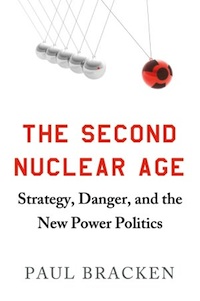Ted Widmer, director of the John Carter Brown Library at Brown University, speaks about George Washington’s 1790 letter to the Jewish community in Newport, Longfellow’s poem on the same theme, and the curious career of religious tolerance in American politics.
Wednesday, September 19 @ 7:00 pm
Co-sponsored by the National Park Service, Longfellow House-Washington’s Headquarters NHS, the Massachusetts Society of the Cincinnati, and by Ann Daily. In honor of Frances Ackerly.
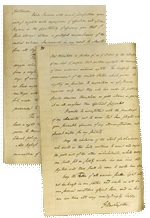
Gentlemen:
While I received with much satisfaction your address replete with expressions of esteem, I rejoice in the opportunity of assuring you that I shall always retain grateful remembrance of the cordial welcome I experienced on my visit to Newport from all classes of citizens.
The reflection on the days of difficulty and danger which are past is rendered the more sweet from a consciousness that they are succeeded by days of uncommon prosperity and security.
If we have wisdom to make the best use of the advantages with which we are now favored, we cannot fail, under the just administration of a good government, to become a great and happy people.
The citizens of the United States of America have a right to applaud themselves for having given to mankind examples of an enlarged and liberal policy—a policy worthy of imitation. All possess alike liberty of conscience and immunities of citizenship.
It is now no more that toleration is spoken of as if it were the indulgence of one class of people that another enjoyed the exercise of their inherent natural rights, for, happily, the Government of the United States, which gives to bigotry no sanction, to persecution no assistance, requires only that they who live under its protection should demean themselves as good citizens in giving it on all occasions their effectual support.
It would be inconsistent with the frankness of my character not to avow that I am pleased with your favorable opinion of my administration and fervent wishes for my felicity.
May the children of the stock of Abraham who dwell in this land continue to merit and enjoy the good will of the other inhabitants—while every one shall sit in safety under his own vine and fig tree and there shall be none to make him afraid.
May the father of all mercies scatter light, and not darkness, upon our paths, and make us all in our several vocations useful here, and in His own due time and way everlastingly happy.
G. Washington
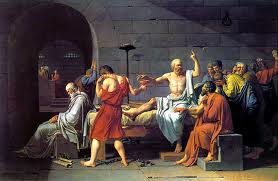 Dr. Marcia Angell, senior lecturer in the Division of Medical Ethics at Harvard Medical School, discusses the Massachusetts ballot initiative in support of physician-assisted suicide. How does the Hippocratic Oath square with the notion that a doctor might help a patient end his or her life? Under what circumstances would this be an ethical act for a physician? What are the risks of enacting Death with Dignity legislation? Whose interests does such a law serve?
Dr. Marcia Angell, senior lecturer in the Division of Medical Ethics at Harvard Medical School, discusses the Massachusetts ballot initiative in support of physician-assisted suicide. How does the Hippocratic Oath square with the notion that a doctor might help a patient end his or her life? Under what circumstances would this be an ethical act for a physician? What are the risks of enacting Death with Dignity legislation? Whose interests does such a law serve?


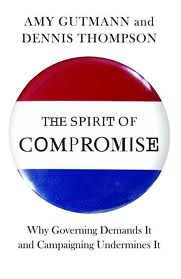
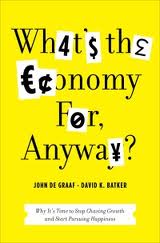
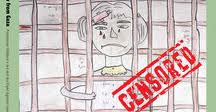 MIT’s Noam Chomsky and Barbara Lubin of the Middle East Children’s Alliance discuss A Child’s View of Gaza, the book of Palestinian children’s artwork slated for exhibition at the Oakland Museum of Children’s Art. The exhibition was cancelled at the last minute without explanation. Have children become pawns in a larger conflict? How has this come about? What does it say about the possibilities for peaceful resolution of the Israeli/Palestinian impasse?
MIT’s Noam Chomsky and Barbara Lubin of the Middle East Children’s Alliance discuss A Child’s View of Gaza, the book of Palestinian children’s artwork slated for exhibition at the Oakland Museum of Children’s Art. The exhibition was cancelled at the last minute without explanation. Have children become pawns in a larger conflict? How has this come about? What does it say about the possibilities for peaceful resolution of the Israeli/Palestinian impasse?